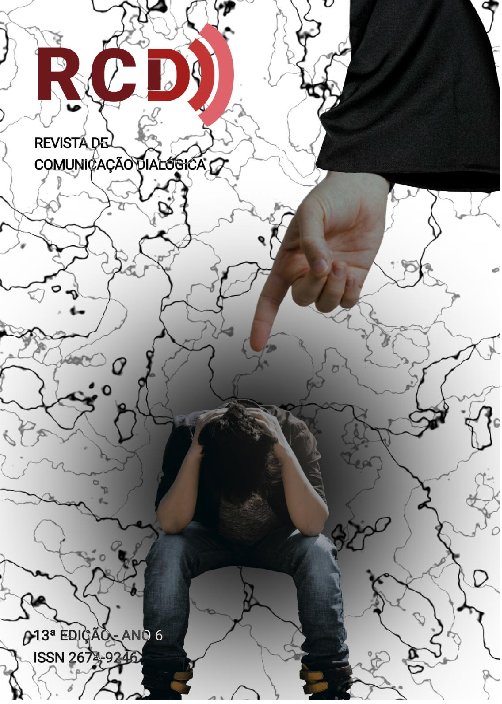GUIA DA EDUCAÇÃO MIDIÁTICA:
Como formar cidadãos críticos no meio digital
DOI:
https://doi.org/10.12957/rcd.2025.87312Resumo
Esta resenha examina o Guia da Educação Midiática, criado por Ana Claudia Ferrari, Daniela Machado e Mariana Ochs, que oferece uma abordagem prática e estruturada para a educação no contexto digital. O guia é dividido em três partes principais — "Sociedade Conectada", "Ensinar e Aprender Hoje" e "A Abordagem do Educamídia" —, proporcionando aos educadores ferramentas que auxiliam no desenvolvimento do letramento digital e midiático dos alunos. Com base na Estratégia Brasileira de Educação Midiática, destacamos como políticas públicas podem reforçar e ampliar o impacto das propostas pedagógicas do guia, consolidando-o como um recurso indispensável para promover a cidadania digital e combater a desinformação.
Referências
BRASIL. Base Nacional Comum Curricular. Brasília: Ministério da Educação, 2017, p. 465. Disponível em: https://www.gov.br/mec/pt-br/escola-em-tempo- integral/BNCC_EI_EF_110518_versaofinal.pdf. Acesso em: 09 set. 2024.
BRASIL. Estratégia brasileira de educação midiática. Brasília: Secretaria de Comunicação Social da Presidência da República, 2023, p. 58. Disponível em: https://www.gov.br/secom/pt- br/assuntos/noticias/2023/10/estrategia-brasileira-de-educacao-midiatica-apresenta-as-
politicas-publicas-voltadas-para-a-populacao/2023_secom-spdigi_estrategia-brasileira-de- educacao-midiatica.pdf. Acesso em: 09 set. 2024.
CENTER FOR MEDIA LITERACY. Five Key Questions That Can Change the World. Disponível em: https://www.medialit.org/five-key-questions-change-world. Acesso em: 10 nov. 2024.
FERRARI, Ana Claudia; OCHS, Mariana; MACHADO, Daniela. Guia da educação midiática. São Paulo: Instituto Palavra Aberta, 2020. 174 p.
MEDIASMARTS. Break the fake: whats real online? Disponível em: https://mediasmarts.ca. Acesso em: 10 out. 2024.
Downloads
Publicado
Como Citar
Edição
Seção
Licença
Copyright (c) 2025 Paulo Antonio de Sousa Marquêz

Este trabalho está licenciado sob uma licença Creative Commons Attribution 4.0 International License.
Os Direitos Autorais dos artigos publicados na Revista de Comunicação Dialógica pertencem ao(s) seu(s) respectivo(s) autor(es), com os direitos de primeira publicação cedidos à Revista. Toda vez que um artigo for citado, replicado em repositórios institucionais e/ou páginas pessoais ou profissionais, deve-se apresentar um link para o artigo disponível no site da RCD. A Revista de Comunicação Dialógica está licenciada com uma Licença Creative Commons (by-nc-nd).


